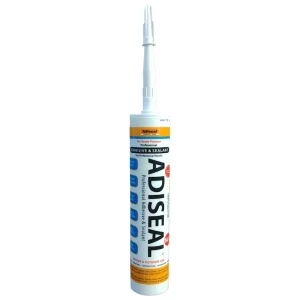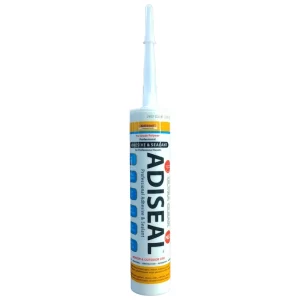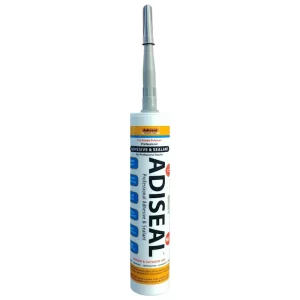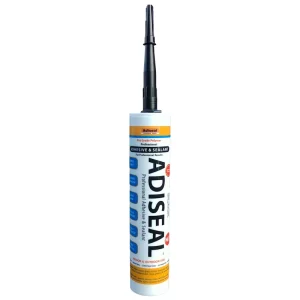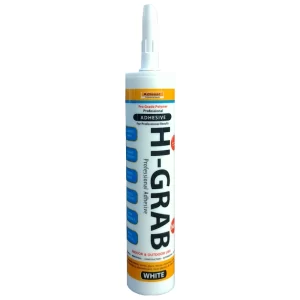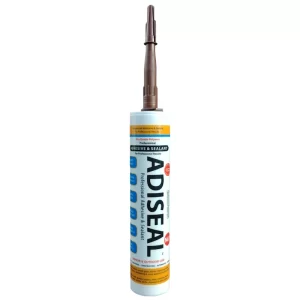Metal Glue
Metal Glue: Reliable Solution for Bonding Metal Surfaces
Metal glue is a versatile adhesive that provides a reliable solution for bonding metal surfaces together. In this article, we will explore the features and applications of metal glue, highlighting its effectiveness in various industries and DIY projects. Whether you’re working on jewelry making, household repairs, or metal crafts, understanding the benefits and considerations will help you achieve strong and durable bonds.
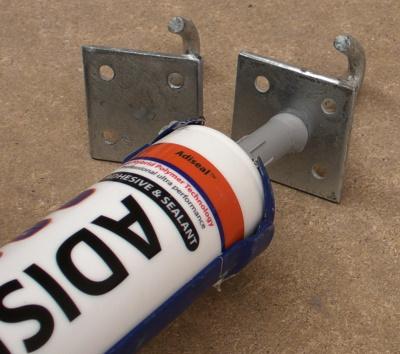
Advantages of Metal Glue
Metal glue offers several advantages over traditional joining methods, such as welding or mechanical fasteners. Here are some key benefits:
1. Ease of Use:
– It is easy to apply and requires no specialized equipment, making it accessible for DIY enthusiasts and professionals alike.
– It provides a convenient solution for bonding small or intricate metal pieces that are difficult to weld or fasten.
2. Versatility:
– It is suitable for bonding various types of metal, including steel, aluminum, copper, and brass.
– It can also bond metal to other materials like glass, ceramics, or plastics, expanding its applications.
3. Strong and Durable Bonds:
– When used correctly, metal glue creates robust bonds that withstand daily wear and tear.
– It provides excellent resistance to impact, vibration, and temperature changes, ensuring long-lasting connections.
Applications of Metal Glue
Metal glue finds applications in a wide range of projects and industries, including:
1. Jewelry Making and Crafts:
– Bonding metal components in jewelry creation, such as attaching clasps or embellishments.
– Assembling metal sculptures, models, or decorative items.
2. Household Repairs:
– Repairing broken metal items, such as furniture frames, kitchen utensils, or hardware.
– Fixing metal parts in appliances or electronics.
3. Automotive and Plumbing:
– Securing metal trim, emblems, or moldings in vehicles.
– Sealing metal fittings or joints in plumbing systems.
Tips for Using Metal Glue
To achieve optimal results when using metal glue, consider the following tips:
1. Surface Preparation:
– Ensure the metal surfaces are clean, dry, and free of grease, oil, or rust.
– Sanding or roughening the surfaces can enhance adhesion.
2. Adhesive Selection:
– Choose a product that is specifically formulated for the type of metal you are bonding.
– Follow the manufacturer’s instructions regarding cure time, application temperature, and maximum load-bearing capacity.
3. Clamping and Curing:
– Apply the product evenly and press the surfaces together firmly.
– Use clamps or other securing methods to maintain pressure during the curing process.
Conclusion
Metal glue offers a convenient and reliable solution for bonding metal surfaces together. With its ease of use, versatility, and ability to create strong and durable bonds, it is a valuable tool in various industries and DIY projects. Whether you’re working on jewelry making, household repairs, or automotive applications, understanding the benefits and tips will help you achieve successful results. By selecting the appropriate metal glue and following proper application techniques, you can ensure the longevity and integrity of your metal bonding projects.
Showing all 6 results
